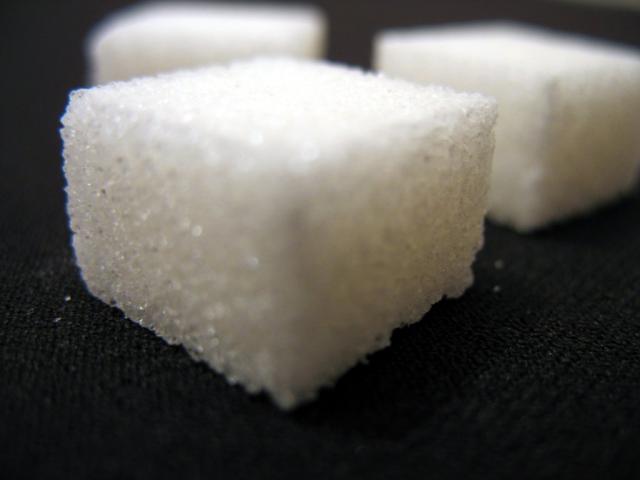Learn more in the LivingAfterWLS Library: Diet, Nutrition, Vitamins
Sugar Substitutes For Beginners
By Rachel J Smith
 Sugar substitutes have been around for many years, but historically have only been found mostly in commercial products found in supermarkets. However, over the last few years, the range of sugar substitutes have increased and are now readily available and affordable for every day cooking. So lets get started with what options are available for the every day home cook.
Sugar substitutes have been around for many years, but historically have only been found mostly in commercial products found in supermarkets. However, over the last few years, the range of sugar substitutes have increased and are now readily available and affordable for every day cooking. So lets get started with what options are available for the every day home cook.If you are like most cooks, you probably already use honey in your kitchen. The are great to use since honey also contains good nutrition, especially manuka rated honey. Honey crystals have also become popular as an alternative. However, as a low sugar alternative, honey still contains the same amount of sucrose as table sugar. So if you're cooking for a family member who requires a low sugar diet, then perhaps honey will not be suitable. Many celebrities have been turning to Agave Nectar recently, but some quick research will show you that this alternative also contains the same level of fructose as table sugar.
Then there are the supermarket brands, such as Equal (Nutrasweet), Sweet n Low, and Splenda. These either contain sucralose, dextrose, sacharrin or aspartame, which by themselves can be up to 200 times more sweet than sugar. For that reason it can be quite difficult to cook with these 'artificial' sweeteners, as amounts used vary between different recipes, and converting all your recipes can be time consuming. Of course, you may have already read about the health issues raised against the companies manufacturing these products. However, they are readily available, and have FDA approval (Food and Drug Administration). Personally, I don't use them anymore, since they can be hard to work with due to their fine granularity.
One of the latest products to come out over the last few years has been Stevia, made from stevia plants mostly located in south america. However, most of the products that I have tried have been either too bitter to use, or have a slight after taste, which my family notice every time I've cooked with it. About a year ago, a product called Truvia was brough out, which is a mix of Rebiana (like Stevia) and Erythritol. While it does taste quite good, the Rebiana is still quite noticeable in the mix of the recipes. It's not a bad alternative if your family do not notice it, since it's readily available.
Since we're talking about Erythritol, lets go into detail more about this sugar substitute. Erythritol belongs not so much to 'artificial' sweeteners as it's made with a natural fermentation process from fruits. This process creates many of the sugar alcohols, which are becoming more popular with the users who refuse to use the supermarket brands. Many of the sugar alcohols such as Eryhritol and Xylitol can be found in health stores, as they do have FDA approval under the category GRAS (generally regarded as safe).
The easiest thing I have found about Erythritol and Xylitol, is that they are so easy to use for cooking. Erythritol is about 70% as sweet as sugar, but Xylitol is 1 for 1 with sugar. No more adjusting recipes! Both can be bought in bags of 1 lb, or 3lb from health stores, and both have the same granularity and 'feel' as normal sugar. Just a note that these sugar alcohols can absorb a lot of water, so you might need to add more water if your baking something like cookies.
So which one do I choose?
Personally I've been using a lot of pure Erythritol. Simply because it's easily absorbed by the body, and will not cause a laxative effect or bloating. Even though Xylitol IS easier to use, but just to be safe, I like using a sugar substitute with the least side effects. Also the advantage of Erythritol is that it's effectively zero GI, unlike all the other sugar substitutes.
* Just a note that if any member of your family is allergic to fermented products, then sugar alcohols may not be suitable, since they are made with a fermentation process *
Hope you have all found this article useful. Check back soon for more of my articles as we go through how to use each sugar substitute.
Rachel J Smith is a proud home cook and enjoys trying out new products to make her recipes more healthy for her family. She is a contributing member of SugarSubstitutes.org. Their website can be found at http://sugarsubstitutes.org
Article Source: Sugar Substitutes For Beginners

No comments:
Post a Comment